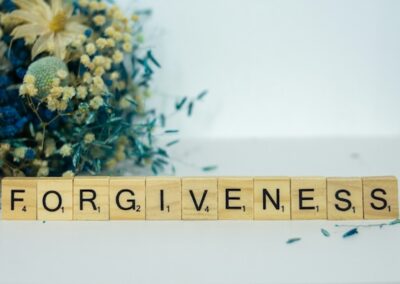Calling his disciples to himself, he said to them,
“Amen, I say to you, this poor widow put in more
than all the other contributors to the treasury.
For they have all contributed from their surplus wealth,
but she, from her poverty, has contributed all she had,
her whole livelihood.” (Mk 12:42-44)
It would be easy to look at today’s stories (Sunday, Nov. 7) of the two widows simply as cautionary tales, there to remind us to be generous. But generosity is just a surface-level interpretation of what is laid out for us, probably because that interpretation is more comfortable and less inconvenient than the truth. The actions of these two women—relegated to the margins because of their status—focus not on if we give but how we give. The widow who makes a cake for Elijah has nothing remaining for herself or her son. Still, she trusts that all will be well and gives the last of what she has. The widow in the Gospel gives her last two coins, holding nothing back for herself.
Remember the early days of the 2020 pandemic, when toilet paper shelves were picked clean and hand sanitizer and disinfectants were nonexistent? When we donated to the parish food pantry, did we throw in one of our coveted packs of toilet paper, or did we donate the cans of soup that no one in the house liked? Did we give from our abundance or from our lack? So often we view our entire lives from a place of lack—even when we are well fed and living in comfort. We cling to our “stuff” in fear that at some point there won’t be enough, and we’ll need our stockpile.
The widows are not just the moral of a story but a compass for the journey.
Mary DeTurris Poust, “Hold Nothing Back,” from the November 2021 issue of Give Us This Day, www.giveusthisday.org (Collegeville, MN: Liturgical Press, 2021). Used with permission.








